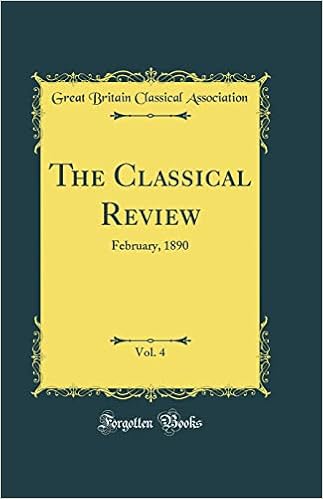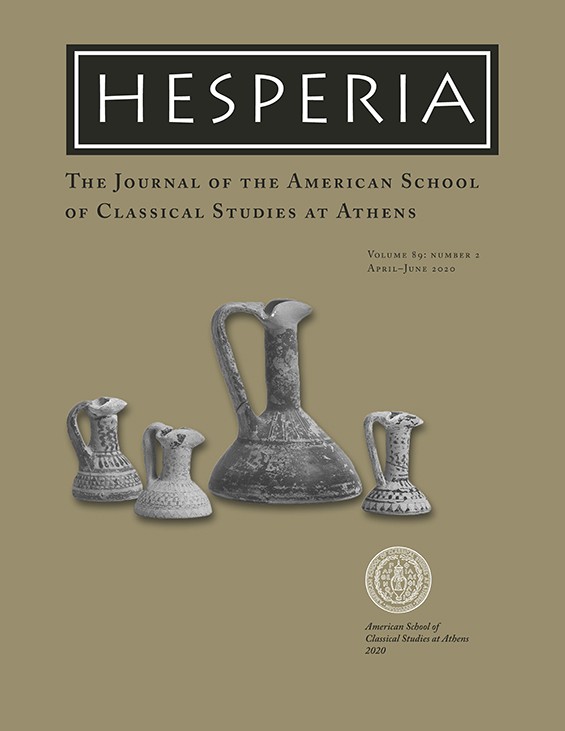 The February 1892 issue of The Classical Review (vol. 6, No. 1/2) has a review by Reginald Walter Macan of James Wycliffe Headlam’s Election by Lot at Athens which was published the year before.
The February 1892 issue of The Classical Review (vol. 6, No. 1/2) has a review by Reginald Walter Macan of James Wycliffe Headlam’s Election by Lot at Athens which was published the year before.
Macan talks approvingly of Headlam’s analysis of the rationale behind the use of sortition in Athens:
The Lot was used in the Athenian democracy for two main purposes, as Mr. Headlam explains clearly enough: to constitute bodies, that represented the sovran people, or were committees, commissions of the same (p. 161); to secure rotation of office (p. 94) — both these purposes being subordinate to the supreme end, the sovranty of the whole people.
However, in regards to the representation function, Macan is radically reinterpreting Headlam. The “representation” discussed in page 161 of Headlam’s book is that of carrying out technical, apolitical functions which require no judgement and which any Athenian would have performed in the same way.
The inspectors, then, were appointed by the people to act as stewards or bailiffs. The people was the owner of a large business establishment; the inspectors had to do the work of superintendence over the workmen which the owner had not time to do himself. They were a committee of the Assembly, or council, who were appointed by lot because they represented the whole people. The whole of the demos could not go together to the dockyards to see that the new ships which had been ordered were properly built, so they deputed a few of their number to do so, and as a matter of course, as in all such committees, made the appointment by lot.
Continue reading
Filed under: Academia, Athens, Books, History, Participation, Press, Sortition | 5 Comments »




 Tegen Verkiezingen (Against Elections) is a dutch website informing and advocating for sortition. In addition to content in Dutch, the website has occasional news about sortition in the Netherlands
Tegen Verkiezingen (Against Elections) is a dutch website informing and advocating for sortition. In addition to content in Dutch, the website has occasional news about sortition in the Netherlands  (ii) Constitutional workshops, a practical tool for popular education for training a multitude of citizen constitution-writers, guardians of the common good
(ii) Constitutional workshops, a practical tool for popular education for training a multitude of citizen constitution-writers, guardians of the common good